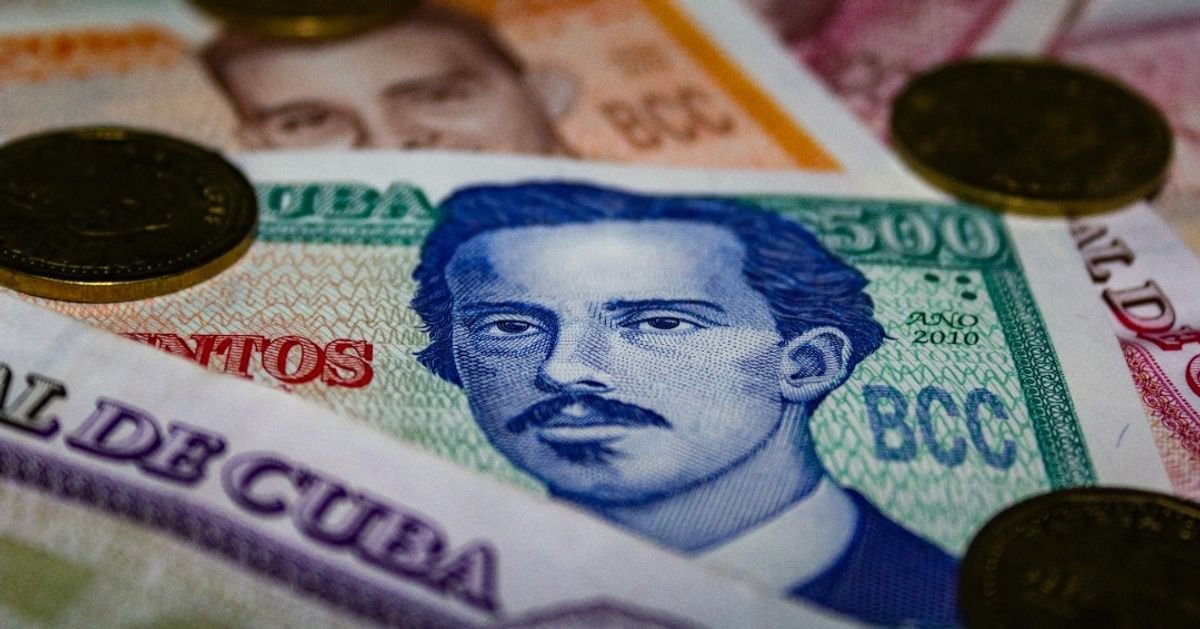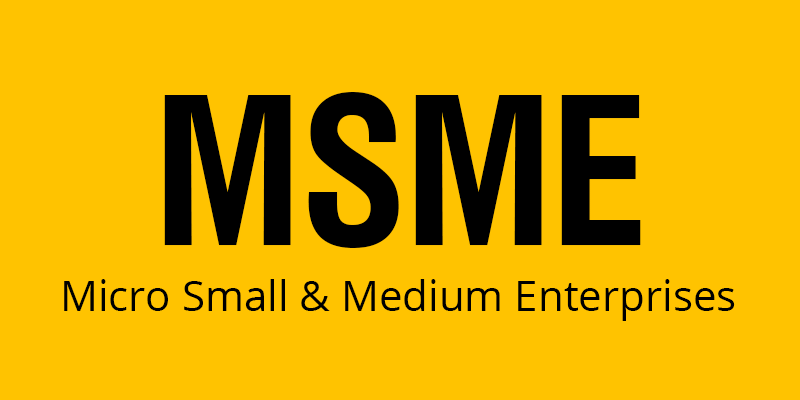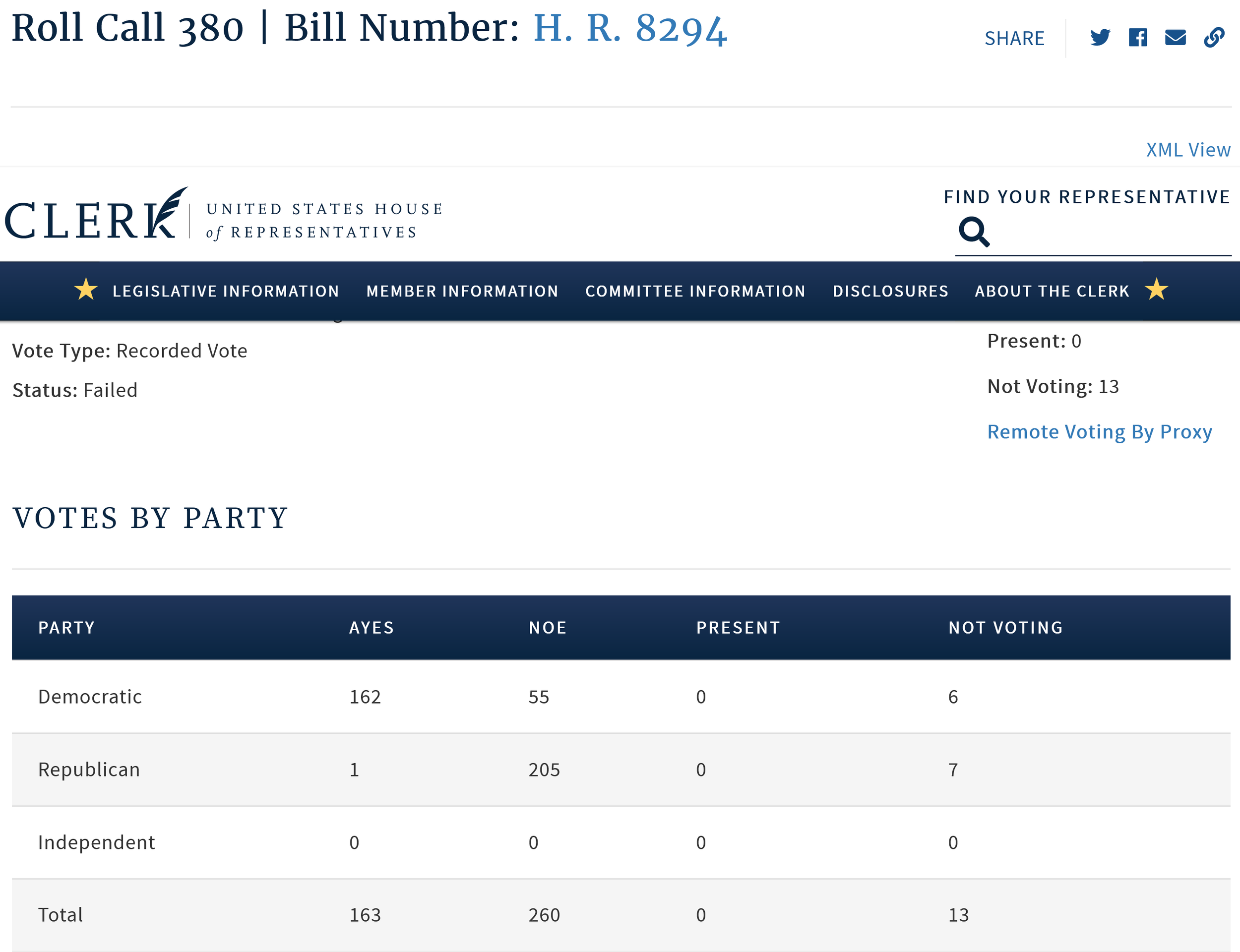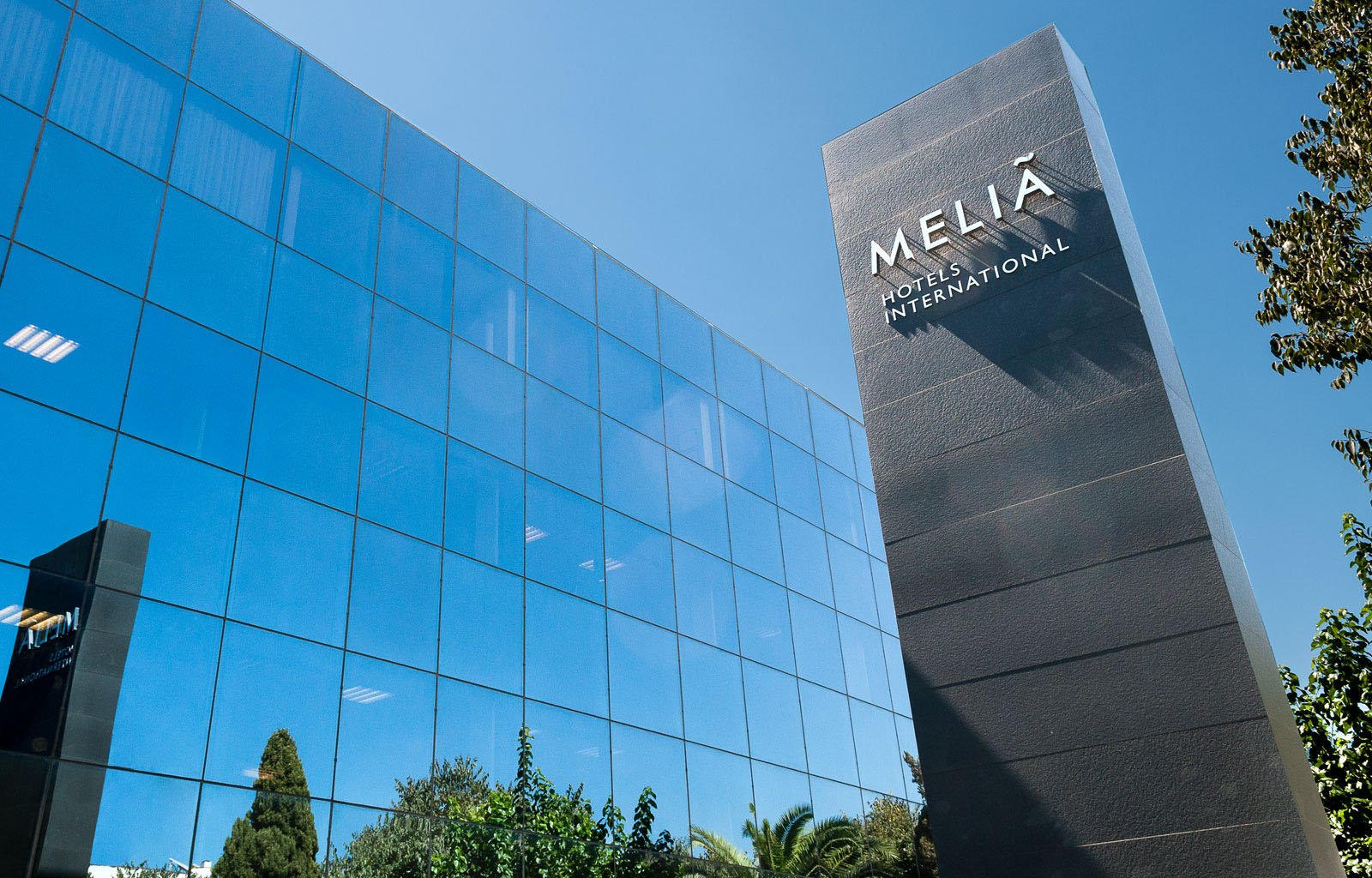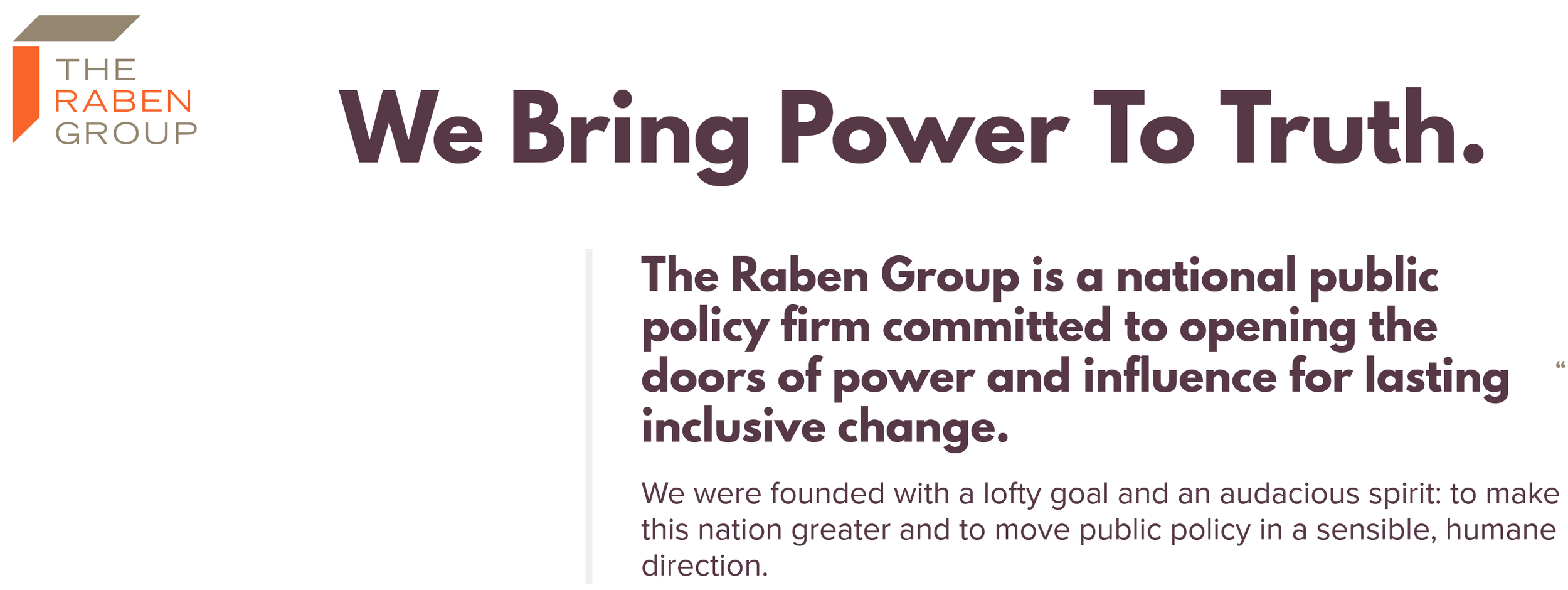First Cuban-American-Owned Nationally-Chartered Bank In The United States, Now Owned by First American Bank, Handling Cuba Embassy/UN Mission Transactions. They Do Not Want To Talk About It.
Cuban-American Connectivity Should Be Jumper Cable For Supporting Entrepreneurs In Cuba.
Arkansas-Based Home BancShares Ends Seven-Year Cuba Connection.
Illinois-Based First American Bank Using Its Owned Former Continental National Bank.
Home BancShares Not Commenting, No Public Filing, No Media Release.
First American Bank Not Commenting, No Public Filing, No Media Release.
Will First American Bank Seek A Correspondent Account With BICSA? Does It Have It?
In June 2022, Chicago, Illinois-based Chicago, Illinois-based First American Bank (2021 assets approximately US$5 billion) acquired the operating accounts (and Republic of Cuba-focused branch personnel) for the Embassy of the Republic of Cuba in Washington, DC, and the Permanent Mission of the Republic of Cuba to the United Nations in New York, New York, from Conway, Arkansas-based Home BancShares (2021 assets approximately US$18 billion) through its subsidiary Centennial Bank (which operates 78 branches in the State of Florida).
In 2017, Home BancShares acquired Pompano Beach, Florida-based Stonegate Bank (2017 assets approximately US$2.9 billion) which had managed previously both accounts. Stonegate Bank operations were absorbed into Centennial Bank. In 2015, Stonegate Bank acquired the accounts after Buffalo, New York-based M&T Bank Corporation (2021 assets approximately US$150 billion) notified the embassy and mission that it would no longer provide services due to challenges with regulatory compliance for many accounts with embassies and missions.
Although First American Bank has retained personnel from Centennial Bank who had managed the Republic of Cuba portfolio, First American Bank has not confirmed a) if Centennial Bank transferred its correspondent account with Republic of Cuba government-operated Banco Internacional de Comercia SA (BICSA) to First American Bank b) if First American Bank has obtained a separate correspondent account, or c) if First American Bank is managing fund transfers for authorized transactions (agricultural commodities, food products, healthcare products (medical equipment, medical instruments, medical supplies, pharmaceuticals, informational materials, travel, remittances, entrepreneurial support, etc.).
In May 2022, the Biden-Harris Administration (2021- ) announced two decisions that materially connected their actions with previous rhetoric and for which banking is an integral component. First, the Office of Foreign Assets Control (OFAC) of the United States Department of the Treasury issued a license authorizing the first direct equity investment in and the first direct financing to a privately-owned company located in the Republic of Cuba. Second, the OFAC added opportunities and amended existing regulations that further provided mechanisms for engagement with privately-held companies located in the Republic of Cuba. Both decisions require a common mechanism for operability- banking.
With the Cuban-American roots (Miami, Florida-based Continental National Bank; 2019 assets approximately US$490 million) of First American Bank operations located in the State of Florida, there might now be expanded interest and comfort for individuals of Cuban descent residing in the State of Florida to engage with entrepreneurs residing in the Republic of Cuba.
If the OFAC were to authorize by general license direct equity investment in and direct financing to privately-owned companies located in the Republic of Cuba, and if First American Bank was to have a Direct Correspondent Banking relationship with a financial institution(s) located in the Republic of Cuba, then likely would be a robust activity in moving funds directly, efficiently, and transparently from the United States to the Republic of Cuba and moving funds directly, efficiently, and transparently from the Republic of Cuba to the United States.
History
In 2015, during the Obama-Biden Administration (2009-2017), Stonegate Bank was approved by the OFAC to provide commercial operating accounts for the Embassy of the Republic of Cuba in Washington, DC, and the Permanent Mission of the Republic of Cuba to the United Nations in New York City, New York, after M&T Bank Corporation ceased doing so; and provide other types of OFAC-authorized and Bureau of Industry and Security (BIS) of the United States Department of Commerce-authorized transactions.
Stonegate Bank also was approved by the OFAC to establish a correspondent account with BICSA, a member of Republic of Cuba government-operated Grupo Nuevo Banca SA, created by Corporate Charter No. 49 in 1993 and commenced operation in 1994.
According to the Republic of Cuba, “Its [BICSA] main activity is ‘enterprises’ bank’ carried through its central services and five branches based in the country’s capital, Santiago de Cuba and Villa Clara. It records all transactions in real time providing its customers with card and remote banking services while it is working on developing other methods of electronic banking. Its institutional clients, national or foreign, receive a complete accounting and documentary service, while national entities also enjoy of significant volumes of credit facilities. Practically all sectors of the economy benefit from all this, such as that of agriculture, the food industry, the basic and light industries, transportation, aviation, fishing, construction, domestic and foreign trade, the iron and steel industry, sugar, informatics, communications and others with not only economic importance but also social, such as health, water supply, education, culture and sports. Credit policy followed by the Bank is dictated in a collegiate way by its Credit Committee on the basis of a strict analysis and control in loan making. The Bank counts on correspondents in the five continents, the majority are first class banks, mainly Europeans and Americans. Equity capital of shareholders (Grupo Nueva Banca with the biggest share and Banc holding), near the USD95 millions with a balance ranging from 550 to 600 millions, make sure the Bank has a strong solvency ratio.”
Without explanation the Obama-Biden Administration did not authorize BICSA under a license from the OFAC to have an account at Stonegate Bank, so Stonegate Bank was required to route transactions for approximately eighty (80) customers on a regular basis through a third-country financial institution, selecting Panama City, Panama-based Multibank (2019 assets approximately US$5 billion) which had dealings with the Republic of Cuba.
Absent Direct Correspondent Banking, authorized transactions from the Republic of Cuba to the United States are multi-day rather than less than multi-hour and third parties earn unnecessary fees. Since December 2001, approximately US$6.7 billion has been transferred from the Republic of Cuba to the United States through third country financial institutions who receive a fee for every transaction relating to the export from the United States of statutorily-authorized agricultural commodities, food products, healthcare products (medical equipment, medical instruments, medical supplies, pharmaceuticals), and other products. The Biden-Harris Administration (2021- ) has thus far refused to authorize Direct Correspondent Banking despite its public statements, issued license, and implemented regulatory changes focusing upon support to the re-emerging private sector in the Republic of Cuba.
In 2017, Home BancShares through its subsidiary Centennial Bank acquired Stonegate Bank. “Home BancShares, Inc. is a bank holding company, headquartered in Conway, Arkansas. Its wholly-owned subsidiary, Centennial Bank, provides a broad range of commercial and retail banking plus related financial services to businesses, real estate developers, investors, individuals and municipalities. Centennial Bank has branch locations in Arkansas, Florida, South Alabama, Texas, and New York City, with branches in Texas operating as Happy State Bank, a division of Centennial Bank. The Company’s common stock is traded through the New York Stock Exchange under the symbol “HOMB.””
In 2020, Bogota, Colombia-based Grupo Aval (2020 assets approximately US$79 billion) reported that “On May 25th, Banco de Bogotá, through its subsidiary Leasing Bogotá S.A. Panamá, acquired 96.6% of the ordinary shares of Multi Financial Group. As part of the acquisition process, MFG’s operation in Cuba was closed and as part of the transaction. Grupo Aval complies with OFAC regulations and doesn't have transactional relationships with Cuba.”
24 October 2019 Media Release From First American Bank (Coral Gables, Florida): [Chicago, Illinois-based] First American Bank – a privately held, $5+ billion, full-service bank – [with sixty-one locations in Illinois, South Florida, Wisconsin] announced that Continental National Bank is now officially part of the First American Bank family. The acquisition of Miami’s first Cuban American-owned community bank was recently finalized following regulatory approvals. This strategic partnership enhances the suite of products the $457 million Continental National Bank has offered to its customers throughout greater Miami-Dade for the past 40 years while also expanding First American Bank’s presence in South Florida. “We are proud to announce our new partnership with Continental National Bank as we continue to expand our footprint in the South Florida market,” said Thomas E. Wells, CEO, and chairman of First American Bank. “The addition of the Continental National branches brings First American’s branch count to 58 – strengthening our overall presence in South Florida. We are looking forward to welcoming our new customers and providing quality, tailored services that will help them meet their financial goals.”
Founded by Carlos Dascal in 1974 just 14 years after fleeing Cuba, Continental National Bank is a family-owned financial institution that has served the Miami community for more than four decades with an array of financial and lending products and services. Since its first location in Miami's historic Little Havana neighborhood, the bank grew to five branches located throughout Miami-Dade. Guillermo Diaz-Rousselot, former president of Continental National Bank, will continue in his leadership role –as Miami Market President for First American Bank. “We are proud to be part of the First American Bank family and are confident our client base will benefit from this partnership, as we enhance the expertise and suite of products we offer,” said Diaz-Rousselot. “We believe that the values of Continental National Bank directly align with those of First American and our clients can expect the same warm welcomes and personalized service when they visit any of our locations.” Since entering the South Florida market in 2014 with the acquisition of The Bank of Coral Gables, First American Bank has flourished. The bank recently opened a Tampa office to serve Wealth Management and commercial loan clients in that market as well.
15 May 2019 Media Release From First American Bank (Coral Gables, Florida): First American Bank – a privately held, full-service bank with more than $5 billion in assets – today announced that subject to regulatory approvals, it has agreed to acquire Continental National Bank, Miami's first Cuban-American owned national bank with $490 million in assets. Through this strategic partnership, First American Bank will further enhance the product offerings and personalized service Continental National Bank has offered to customers throughout greater Miami-Dade. “We are proud to announce our new partnership with Continental National Bank as we work to expand our footprint in the South Florida market,” said Thomas Wells, CEO of First American Bank. “As a bank that has been in business for more than 40 years, this acquisition will allow us to bring more sophisticated lending products to the vibrant Hispanic exile business community that Continental National Bank has served since 1974, and we look forward to adding new tools, services, and much larger lending limits to better meet the needs of this thriving client base.”
First American Bank, an Illinois-chartered bank with 53 locations in Illinois, Wisconsin, and Florida, specializes in a broad array of business lending including SBA export finance programs, wealth management, pension and 401(k) planning, and a variety of personal banking services. Since entering the South Florida market in 2014 with the acquisition of The Bank of Coral Gables, the company has continued to flourish under the leadership of Florida Market President Brian Hagan – serving privately held small and middle market businesses while staying true to its family-owned Midwest roots.
Jacqueline Dascal-Chariff, Chairman of Continental National Bank, stated, “There are many synergies between our two organizations, including our shared culture of client-focused relationship banking. This transaction will allow us to maintain our business culture, while still emphasizing our ability to seek practical solutions for our community and our customer’s needs. This has been at the core of what the Continental Bank legacy has been for over 40 years.” Founded by Carlos Dascal in 1974, Continental National Bank is an award-winning and trusted financial institution that has serviced the local community for more than four decades with an array of financial and lending products and services. Since starting with its first location in Miami's historic Little Havana neighborhood, the bank has grown to five branches located in the Doral, Hialeah, Sweetwater, and Downtown Miami areas. Guillermo Diaz-Rousselot, President of Continental National Bank, said, “This merger will provide our customers, employees, and community the benefits of scale allowing us to expand our products and services that a large multimarket community bank, like First American, can provide. We look forward to building on the solid foundations both banks have achieved. Together, we can continue to better serve the growing demands of our client base, its individuals and businesses.”
ABOUT FIRST AMERICAN BANK: For more than 40 years, First American Bank has been focusing on building long-term relationships with customers through high-quality solutions and exceptional customer service. With services ranging from personal products to commercial banking and wealth management, and assets of more than $5 billion, First American Bank is the largest privately-held bank in Illinois with 53 locations in Illinois, Wisconsin and South Florida. First American Bank’s size and management philosophy allow the bank to offer clients top-tier financial services tailor-made to support each customer’s goals and potential for growth. First American Bank is a Member FDIC bank.
ABOUT CONTINENTAL NATIONAL BANK: Continental National Bank is a full-service community bank established in 1974 in Miami as the first Cuban-American-chartered national bank in the United States, serving its customers for more than 45 years. With five branches conveniently located throughout Miami-Dade County, and with more than $490 million in assets, Continental National Bank has been recognized as a top community bank. The Bank offers a full range of financial and lending products and services for retail, business, and institutional clients.
Home BancShares
Conway, Arkansas
SEC 10-Q
31 March 2022
CAUTIONARY NOTE REGARDING FORWARD-LOOKING STATEMENTS
risks associated with our customer relationship with the Cuban Embassy and our correspondent banking relationship with Banco Internacional de Comercio, S.A. (BICSA), a Cuban commercial bank;
Home BancShares
Conway, Arkansas
SEC 10-K
24 February 2022
CAUTIONARY NOTE REGARDING FORWARD-LOOKING STATEMENTS
These forward-looking statements involve risks and uncertainties and are based on our beliefs and assumptions, and on the information available to us at the time that these disclosures were prepared. These forward- looking statements involve risks and uncertainties and may not be realized due to a variety of factors, including, but not limited to, the following: risks associated with our customer relationship with the Cuban Embassy and our correspondent banking relationship with Banco Internacional de Comercio, S.A. (BICSA), a Cuban commercial bank;
Our banking relationships with the Cuban Embassy and Banco Internacional de Comercia, S.A. (“BICSA”) may increase our compliance risk and compliance costs.
U.S. persons, including U.S. banks, are restricted in their ability to establish relationships and engage in transactions with Cuba and Cuban persons pursuant to the existing U.S. embargo and the Cuban Assets Control Regulations. However, as a result of our acquisition of Stonegate Bank in 2017, we maintain a customer relationship to handle the accounts for Cuba’s diplomatic missions at the United Nations and for the Cuban Interests Section (now the Cuban Embassy) in Washington, D.C. This relationship was established in May 2015 pursuant to a special license granted to Stonegate Bank by the U.S. Treasury Department’s Office of Foreign Assets Control (“OFAC”) in connection with the reestablishment of diplomatic relations between the U.S. and Cuba. In July 2015, Stonegate Bank established a correspondent banking relationship with Banco Internacional de Comercio, S.A. (“BICSA”) in Havana, Cuba.
Cross-border correspondent banking relationships pose unique risks because they create situations in which a U.S. financial institution will be handling funds from a foreign financial institution whose customers may not be transparent to the U.S. financial institution. Moreover, Cuban financial institutions are not subject to the same or similar regulatory guidelines as U.S. banks; therefore, these foreign institutions may pose a higher money laundering risk to their respective U.S. bank correspondent(s). Investigations have determined that, in the past, foreign correspondent accounts have been used by drug traffickers and other criminal elements to launder funds. Shell companies are sometimes used in the layering process to hide the true ownership of accounts at foreign correspondent financial institutions. Because of the large amount of funds, multiple transactions, and the U.S. bank’s potential lack of familiarity with a foreign correspondent financial institution’s customer, criminals and terrorists can more easily conceal the source and use of illicit funds. Consequently, we may have a higher risk of noncompliance with the Bank Secrecy Act and Anti-Money Laundering (“BSA/AML”) rules due to our correspondent banking relationship with BICSA and will likely need to more closely monitor transactions related to correspondent accounts in Cuba, potentially resulting in increased compliance costs. Our failure to strictly adhere to the terms and requirements of our OFAC license or our failure to adequately manage our BSA/AML compliance risk in light of our correspondent banking relationship with BICSA could result in regulatory or other actions being taken against us, which could significantly increase our compliance costs and materially and adversely affect our results of operations.
LINKS To Related Posts:
Grupo Aval In Colombia Purchases Multibank In Panama Ending Cuba Transactions For Home BancShares In Arkansas June 20, 2020
Commenced In 2016, Stonegate Bank's MasterCard Products Will No Longer Be Valid In Cuba As Of March 2019 February 14, 2019
Remittances To Cuba Mentioned 16 Times In 14 Pages Of New OFAC Regulations: Biden, Blinken, Sullivan, Nichols, Gonzalez, Yellen Defend 3rd-Country Banks Taking Percentage Of Every Dollar To/From Cuba June 13, 2022
LINK TO COMPLETE ANALYSIS IN PDF FORMAT


